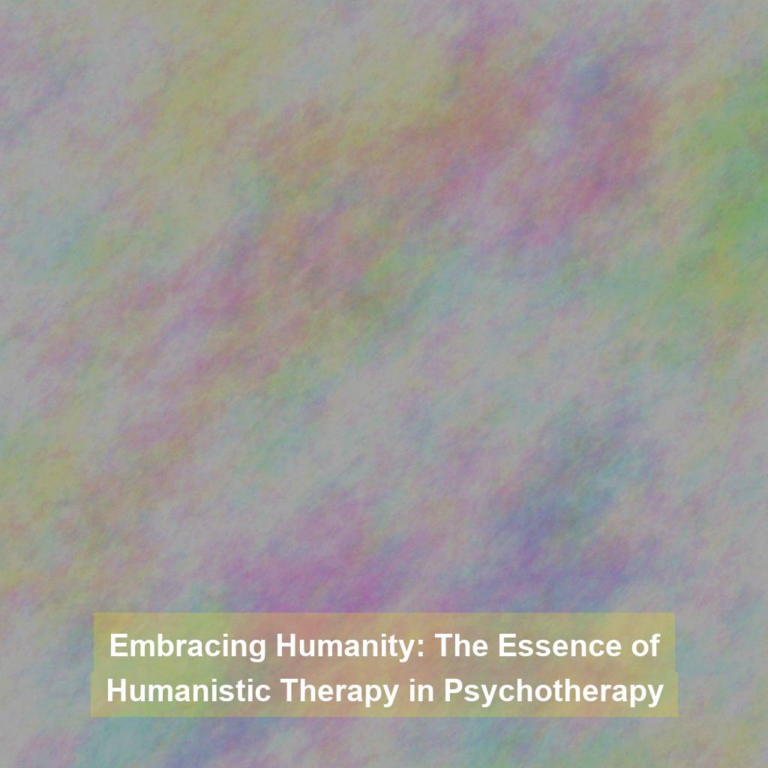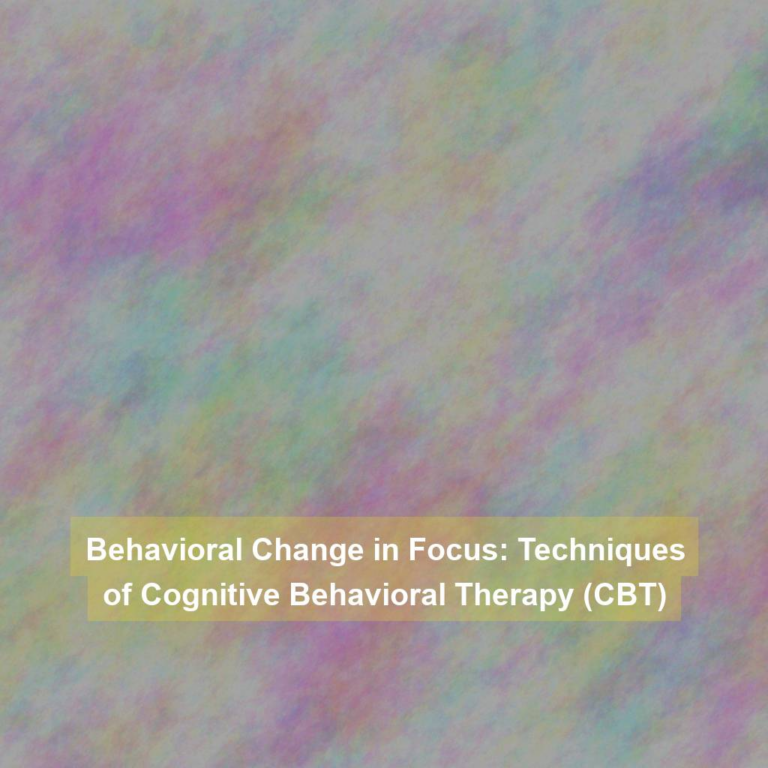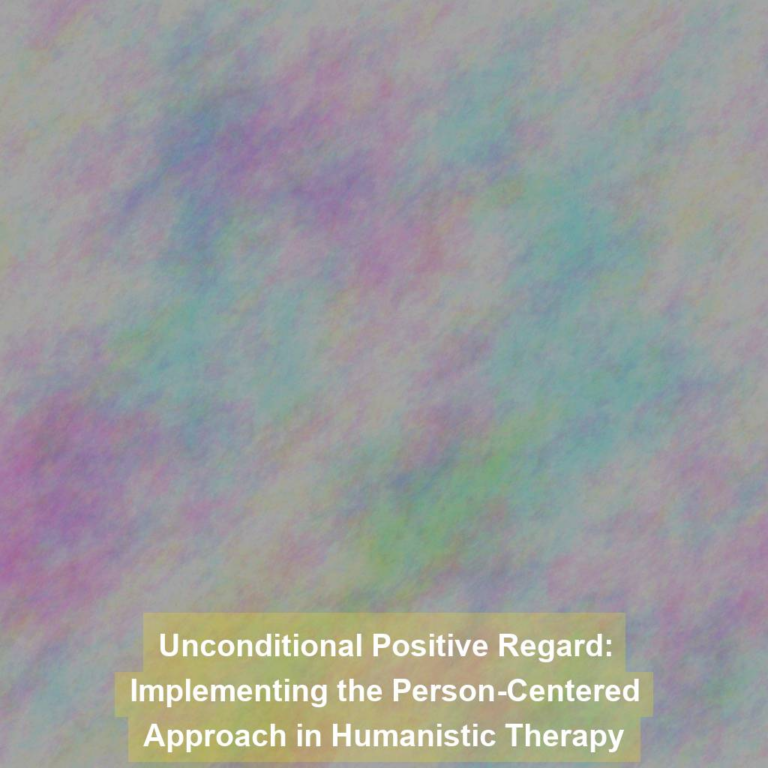So, you’ve tried various therapeutic approaches, and it feels like you’re juggling different puzzle pieces without seeing the complete picture.
Integrative psychotherapy offers a harmonious blend of different theoretical orientations, techniques, and interventions that aim to create a comprehensive and cohesive treatment experience.
But how does this all come together, and what makes it different from traditional therapy methods? Stay tuned to uncover the principles and benefits of this approach, and how it can be tailored to meet your unique needs for a more effective therapeutic journey.
Understanding Integrative Psychotherapy
If you’re seeking a therapeutic approach that combines different techniques and theories to tailor treatment to your specific needs, integrative psychotherapy offers a flexible and personalized option for addressing psychological challenges. This approach integrates various therapeutic models, drawing from psychodynamic, cognitive-behavioral, humanistic, and other approaches to create a comprehensive and adaptable framework. By embracing this approach, you can benefit from a customized treatment plan that takes into account your unique personality, experiences, and issues. Integrative psychotherapy recognizes that there’s no one-size-fits-all solution to psychological difficulties and instead emphasizes the importance of individualized care.
In integrative psychotherapy, the therapist collaborates with you to identify the most effective strategies for your particular situation. This can involve exploring your thoughts, emotions, behaviors, and interpersonal dynamics to gain a holistic understanding of your psychological well-being. By blending different therapeutic modalities, integrative psychotherapy aims to address not only the symptoms you may be experiencing but also the underlying causes and contributing factors. This comprehensive and tailored approach can provide you with a deeper insight into your concerns and equip you with the necessary tools to foster lasting psychological growth and resilience.
Principles of Integration
The principles of integration in integrative psychotherapy emphasize the seamless blending of diverse therapeutic approaches to address your specific psychological needs. This approach is rooted in the understanding that no single therapeutic model is universally effective for everyone. Instead, the focus is on tailoring the treatment to your unique circumstances, personality, and challenges.
One key principle is the recognition of the interconnectedness of mind, body, and spirit. Integrative psychotherapy acknowledges the influence of each of these aspects on your overall well-being and seeks to address them holistically. This means that physical, emotional, and spiritual dimensions are all taken into consideration during the therapeutic process.
Another principle is the collaborative nature of the therapeutic relationship. Integrative psychotherapy values your active participation in the treatment process. It encourages open communication, feedback, and mutual decision-making between you and the therapist.
Furthermore, integrative psychotherapy emphasizes flexibility and creativity in its approach. Therapists are encouraged to draw from a variety of therapeutic modalities and techniques, adapting them to best suit your individual needs. This fluidity allows for a personalized and comprehensive treatment plan to be developed, tailored specifically to you.
Benefits of Integrative Approach
Recognizing the interconnectedness of mind, body, and spirit sets the stage for understanding the benefits of an integrative approach in psychotherapy. By integrating different therapeutic techniques, such as cognitive-behavioral, psychodynamic, humanistic, and existential approaches, individuals can experience more comprehensive and personalized treatment. One of the key benefits is the flexibility it offers. You aren’t limited to a single therapeutic modality, allowing your therapist to tailor the treatment to your specific needs and preferences.
Another advantage is the ability to address a wide range of issues. With an integrative approach, you have access to a broader set of tools and strategies, which can be particularly beneficial when dealing with complex or co-occurring mental health concerns. This comprehensive method also promotes self-awareness and personal growth. By drawing from various theories and techniques, you’re encouraged to explore different aspects of yourself, leading to a deeper understanding of your thoughts, emotions, and behaviors.
Furthermore, the integrative approach emphasizes the importance of the therapeutic relationship. It prioritizes the connection between you and your therapist, fostering a strong alliance and creating a safe space for exploration and healing. This can enhance the overall effectiveness of the therapy and contribute to long-lasting positive outcomes.
Applications in Clinical Practice
With an integrative approach in clinical practice, you can apply a diverse range of therapeutic techniques tailored to meet the specific needs of each individual. This approach allows you to draw from various theoretical orientations and evidence-based practices to create a customized treatment plan. For example, if a client presents with symptoms of anxiety, you can seamlessly integrate cognitive-behavioral techniques to address maladaptive thought patterns while also incorporating mindfulness-based interventions to help the client develop greater self-awareness and emotional regulation skills.
Furthermore, in clinical practice, an integrative approach enables you to address the complexity of human experience. You can fluidly shift between different therapeutic modalities based on the client’s progress and changing needs. This flexibility allows you to adapt your treatment methods as you gain a deeper understanding of the client’s unique psychological makeup and interpersonal dynamics.
Moreover, integrating diverse techniques can enhance the therapeutic relationship. By demonstrating openness to various approaches, you convey to the client that their individuality is respected, fostering a collaborative and empowering therapeutic environment. This inclusive approach also promotes greater engagement and investment from the client, leading to more effective outcomes.
Personalized Treatment Experience
Crafting a personalized treatment experience involves tailoring therapeutic techniques to address the unique needs and preferences of each individual. When embarking on a journey of integrative psychotherapy, it’s essential for your therapist to gain a deep understanding of your background, experiences, and specific challenges. By doing so, they can customize the treatment approach to best suit your personality and circumstances. This personalized approach ensures that the therapeutic process resonates with you on a profound level, enhancing its effectiveness.
In this tailored treatment experience, your therapist may draw from various psychotherapeutic modalities such as cognitive-behavioral therapy, psychodynamic therapy, humanistic therapy, or mindfulness-based approaches. The integration of these diverse methods allows for a holistic and individualized approach to address your unique mental, emotional, and behavioral aspects. Moreover, the personalized treatment experience extends beyond just the therapeutic techniques. It encompasses the pace of therapy, the setting in which sessions take place, and the overall therapeutic environment, all of which are adjusted to align with your comfort and progress.
Ultimately, a personalized treatment experience in integrative psychotherapy aims to empower you by recognizing and honoring your distinctive identity, fostering a more profound sense of connection and resonance with the therapeutic process.
Conclusion
In conclusion, integrative psychotherapy offers a comprehensive approach that combines different therapeutic techniques to address the unique needs of each individual.
By integrating various theories and methods, this approach provides a more personalized and effective treatment experience for clients.
Embracing the principles of integration in clinical practice can lead to better outcomes and promote harmony in treatment.







